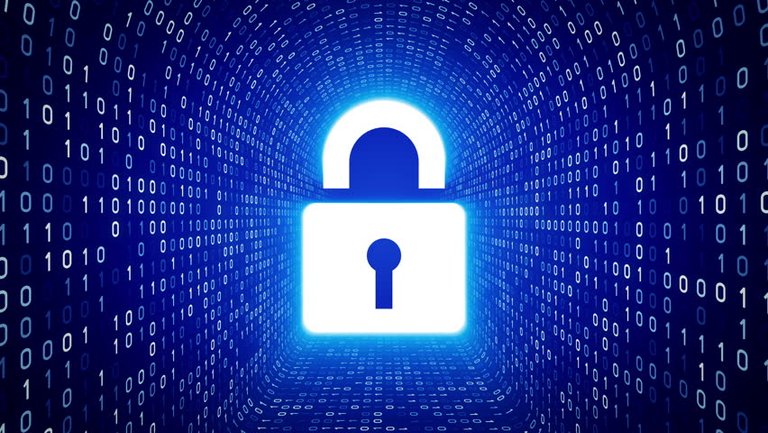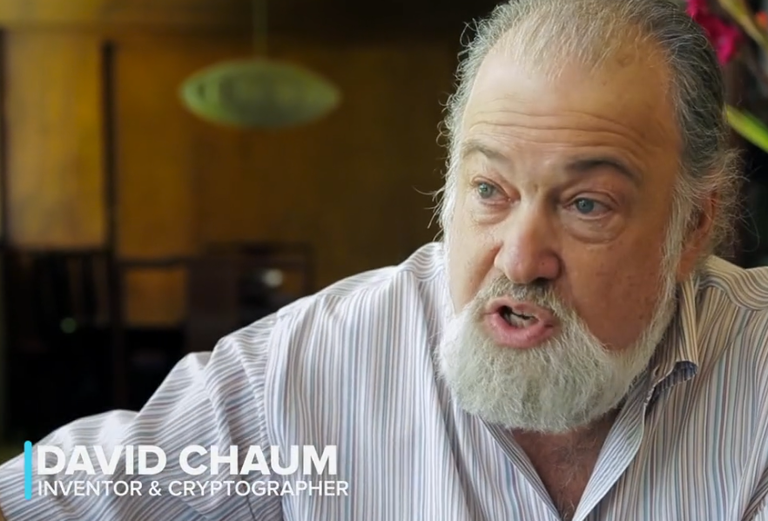In this series, we will review a little bit of history and have a glimpse on how secure cryptocurrencies are.

Salt
Decades ago, salt was a very valuable commodity. Along with other valuable resources, they were used in a bartering system to transfer goods. Eventually, a shift from transferring good-for-good to purchasing using precious metals in the form of coins was seen up until the 17th century. From then on, the use of paper money has been the main form of monetary value for purchasing goods. However, with the advancement in technology in the last 30 years, currency is split into two distinct groups: regular currency and digital currency. This led to a branch in digital currency namely, ‘cryptocurrency’.
The currency cryptocurrency was a more secure form of digital currency that use encryption techniques to create and verify funds independently from centralized banks. David Lee Chaum envisioned the utilization of cryptographic protocols to create a digital currency in his paper “Blind Signatures for Untraceable Payments” in 1982. It was largely influential I’d say that credits Chaum as not only the inventor of secure digital transactions but also the blind digital signature. In 1989 Chaum founded a company called Digicash in which he used his trademark: Ecash. Digicash provided an alternative to the inconvenience of making microtransactions in a credit card, where fees that belted retailers were often larger than the transactions. Chaum also argued that credit cards were inherently unsecured.
Digicash was a reasonably successful company that was supported by a few banks worldwide, however, went bankrupt in 1998 and withered away. Many people, mostly ex Digicash employees blame David Chaum’s personality. Others just don't believe that Ecash could possibly have survived against the credit card. What sets bitcoin and Digicash apart from the credit card system is its decentralized nature. Chaun argued that credit cards were inherently unsecured because each transaction made was passed between several financial institutions. So, he created a system for encrypting those transactions but the ledger of all transactions was housed in a centralized set of Digicash servers. Bitcoin, on the other hand, is decentralized. The blockchain ledger is a network held on every computer running the bitcoin client. Every transaction is transparent but also anonymous and secure.
The same system that sets apart Bitcoin from Digicash, as an innovation, also gives it a disadvantage that Digicash did not have. In terms of legality and potential widespread adoption, Digicash was a unique system and it’s different from the status quo banking. But it was designed to be used by banks as a digital alternative for micro-transactions. In other words, having a centralized ledger allows banks to manage Ecash transactions in very similar ways to how they manage credit cards.
Bitcoin was created with the idea that corruption as an inherent factor in the centralized banking system. It was created as an alternative to it. In that system, a central bank regulates the states currency money supply and interest rates. For example, the US federal reserve or the bank of England. There is no system of regulations to oversee the transactions that occur on the Bitcoin network. This simply occurs. A transaction is only tied to one of many public keys that are associated with the user's unique private key. Even though the information is publicly available, the only people who can recover a total transaction history for a user's account is that particular user.
Once a transaction is submitted to the blockchain ledger, it is permanent and cannot be canceled or in any way nullified short of making a countering transaction. Since it would be a daunting task for a central bank to even track the transactional history of bitcoin, it is fairly certain that they would not be able to develop a means to regulate an existing cryptocurrency. Because of this, existing cryptocurrencies like bitcoin, some argue, are highly unlikely to ever be used as a legal tender and are outlawed in some states. Since becoming a form of legal tender for a country lead to widespread adoption of the currency, some say that is unlikely that existing cryptocurrencies will ever be as widely used as the current legal tenders. However, they will continue to exist as alternatives for people who distrust central banks.
Whether you like it or not, Bitcoin is a widely accepted currency. For example, Sears, Microsoft, Tigerdirect plus many more. Being the most successful cryptocurrency today, Bitcoin has suffered its fair share of controversies. In 2014, Mt. Gox, the then, largest Bitcoin exchange declared bankruptcy and had lost 774,000 Bitcoins, equivalent to $409M, with no clue as to where they might be. In November of 2014, the FBI shut down the silk road 2.0 and discovered that the site had utilized the anonymity and convenience of bitcoin transactions to facilitate the mass trafficking of drugs and other illegal goods and services.
Is it ethical to still use the bitcoin blockchain even when it aids in illegal activities? I think it’s still OK to use the Bitcoin blockchain because the intent of it is supposed to be good. There are a lot of things that can be used with bad effects but don’t necessarily make those things bad. For example, the MP3 player was used to store and play illegally downloaded music in the early 2000s. However, the mp3 player itself is not an unethical device. Cryptocurrencies as such are not unethical either.
We will continue to tackle more controversies and hacking incidents to kind of look back and ultimately put things in perspective.
Please upvote, resteem and follow me, thank you.







The merits of bitcoin as a crypto currency far outweighs its demerits, before crypto currencies came into existence there were drug trafficking and other nefarious crimes.
Absolutely right! We can't blame guns, kitchen knives and bitcoins for crimes committed by humans behaving badly.
Great explanation)
And about the salt... In Nizhny Novgorod there is a sculpture dedicated to the salt greedy dealers)
He always needs a secure cyber-space! so that all this project of the crypts can arise
bitcoin is a process to transfar money hand to hand
its a need for the steemer
thanks for sharing
The bitcoin is the alternative to get out of the yoke of the central banks and allow the ordinary citizen to transfer their money without any problem. This is the future and I hope that they are fully implemented and end up with the fiat money.
Yeah, I think banks and governments try to stop cryptos because they don't benefit from it yet.
Exactly
We live in a digital world where all is available at the touch of a screen. Money has been simplified, changed subtly over time from tangible bills to numbers in cyberspace. Cash is no longer in a cloth bag; it's numbers on a screen. Numbers that can be manipulated and modified. If you run out of numbers, you can just buy some more, right?
funds growth projects for Steem like our top 25 posts on Steem! The other half helps holders of Steem power earn about 60% APR on a delegation to me! For help, will you please visit https://jerrybanfield.com/contact/ because I check my discord server daily? To learn more about Steem, will you please use http://steem.guide/ because this URL forwards to my most recently updated complete Steem tutorial?Thank you @hiroyamagishi for making a transfer to me for an upvote of 13.08% on this post! Half of your bid goes to @budgets which
Noted. Thanks!
This is great informative article, thank you for sharing. it's educate me a lot more.
Thanks too for reading my blog.
I still wonder how someone somewhere was able to think about crytocurrency which has hit the whole world with it rise! Well, that's the reward for innovation and research. I should also come up with something that would impact the world positively.